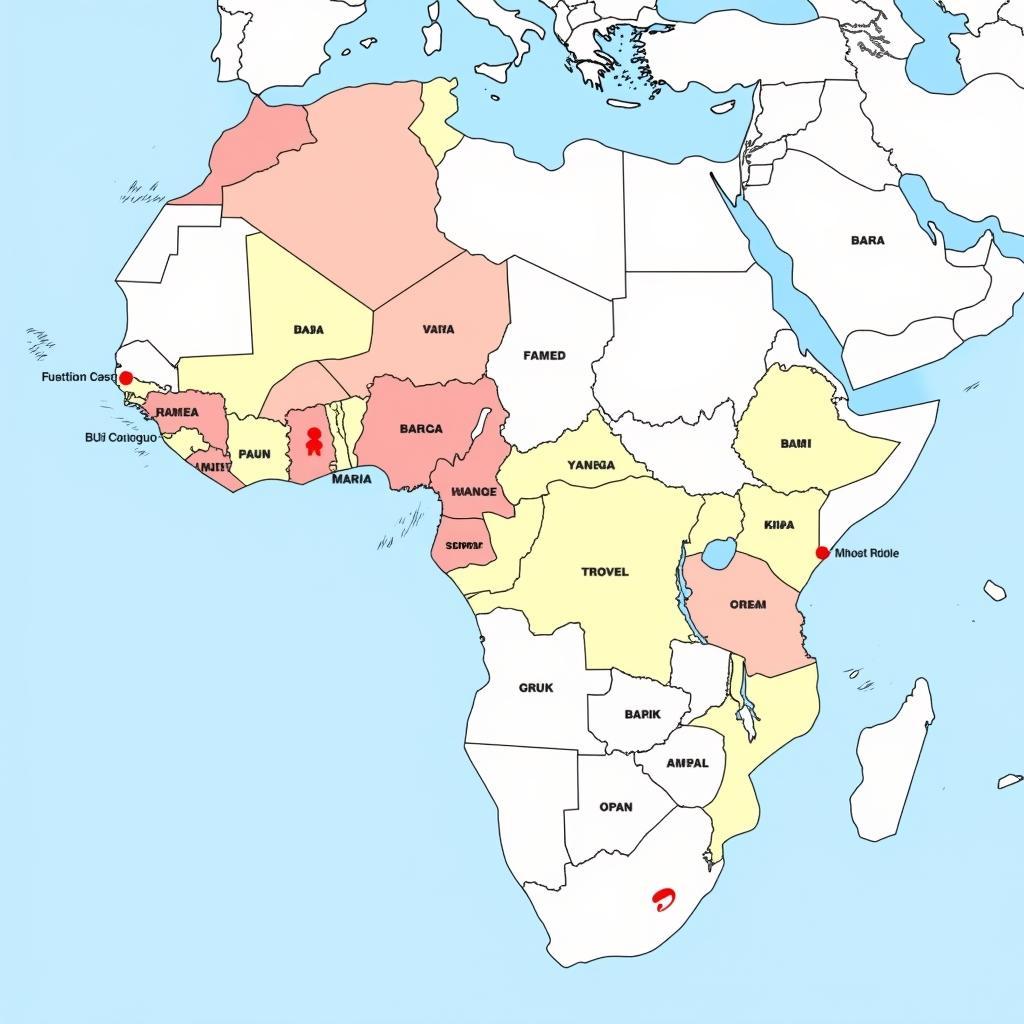African Baby No Food: A Comprehensive Guide to Infant Feeding in Africa
The first year of a baby’s life is a crucial time for their development, and ensuring proper nutrition is essential. While breastfeeding is recommended for the first six months, there are instances where additional sources of nutrition are needed, especially in African contexts. This comprehensive guide explores the complexities of infant feeding in Africa, addressing the unique challenges and considerations parents face.
Understanding the Challenges:
Nutritional Deficiencies:
The lack of proper nutrition can lead to a range of health issues in infants, including stunting, wasting, and micronutrient deficiencies. Many African countries face challenges like poverty, food insecurity, and limited access to healthcare, which can impact access to adequate nutrition for infants.
Cultural Practices:
Traditional beliefs and practices surrounding infant feeding can vary across Africa. Understanding these practices is crucial for providing culturally sensitive advice and support to parents. Some practices, such as early introduction of solid foods, might not align with the latest scientific recommendations.
The Importance of Breastfeeding:
Breastfeeding is the ideal source of nutrition for infants, providing essential antibodies and nutrients for healthy growth. However, breastfeeding rates vary widely across Africa. Factors such as lack of education, work constraints, and cultural norms can contribute to breastfeeding challenges.
Safe and Effective Food Introduction:
When to Introduce Solid Foods:
The World Health Organization (WHO) recommends exclusive breastfeeding for the first six months of life. After six months, complementary foods should be gradually introduced alongside breastfeeding, providing additional nutrients as the baby’s needs evolve.
Choosing the Right Foods:
Infants need nutrient-dense foods, especially iron-rich options. In Africa, traditional foods like mashed sweet potatoes, banana porridge, and nutrient-rich beans are excellent choices. It’s crucial to avoid sugary drinks, processed foods, and excessive salt.
Food Safety Practices:
Safe food handling is essential to prevent foodborne illnesses. Proper hygiene, thorough washing of fruits and vegetables, and safe cooking practices are vital.
Addressing Common Concerns:
“My Baby Is Not Gaining Weight”
If your baby is not gaining weight as expected, it’s crucial to consult a healthcare provider. There might be underlying medical conditions or nutritional deficiencies. Your doctor can assess your baby’s weight and provide appropriate guidance.
“My Baby Has Diarrhoea”
Diarrhoea is a common problem in infants, particularly in African settings. It can lead to dehydration, malnutrition, and even death. It’s essential to consult a healthcare provider to address the issue and ensure your baby gets the necessary fluids and electrolytes.
“My Baby Has Food Allergies”
Food allergies are becoming more common in Africa. It’s important to be aware of potential food allergies and consult a doctor if you suspect your baby might have an allergy. Early detection and management are crucial for preventing severe reactions.
Seeking Help and Support:
Healthcare Providers:
Always consult your healthcare provider for individualised advice and support regarding infant feeding. They can assess your baby’s specific needs and provide guidance based on local contexts.
Community Health Workers:
Community health workers can be invaluable resources for parents seeking information and support on infant feeding. They are often familiar with local practices and can provide culturally sensitive advice.
Conclusion:
Raising a healthy baby in Africa requires a multifaceted approach to infant feeding. Understanding the challenges and nuances of infant nutrition in the African context is crucial. This guide aims to provide a foundation for parents to make informed decisions, seek appropriate support, and ensure their babies thrive. Remember, every baby is unique, so consult your healthcare provider for personalised advice and support.
FAQ:
- What are some common food allergies in African infants?
- Common food allergies in African infants include cow’s milk protein allergy, peanut allergy, and egg allergy.
- How can I ensure my baby gets enough iron?
- Iron-rich foods like beans, lentils, and fortified cereals are crucial. You can also consult your doctor about iron supplements if necessary.
- What are some tips for safe food preparation?
- Wash your hands thoroughly before preparing food, use clean utensils, and cook meat thoroughly.
- How can I learn more about breastfeeding?
- Talk to your healthcare provider or lactation consultant. You can also find helpful information on websites like the World Health Organization and UNICEF.
- What if I cannot breastfeed?
- It’s okay if you cannot breastfeed. You can discuss alternative feeding options with your healthcare provider. There are safe and effective formula options available.



